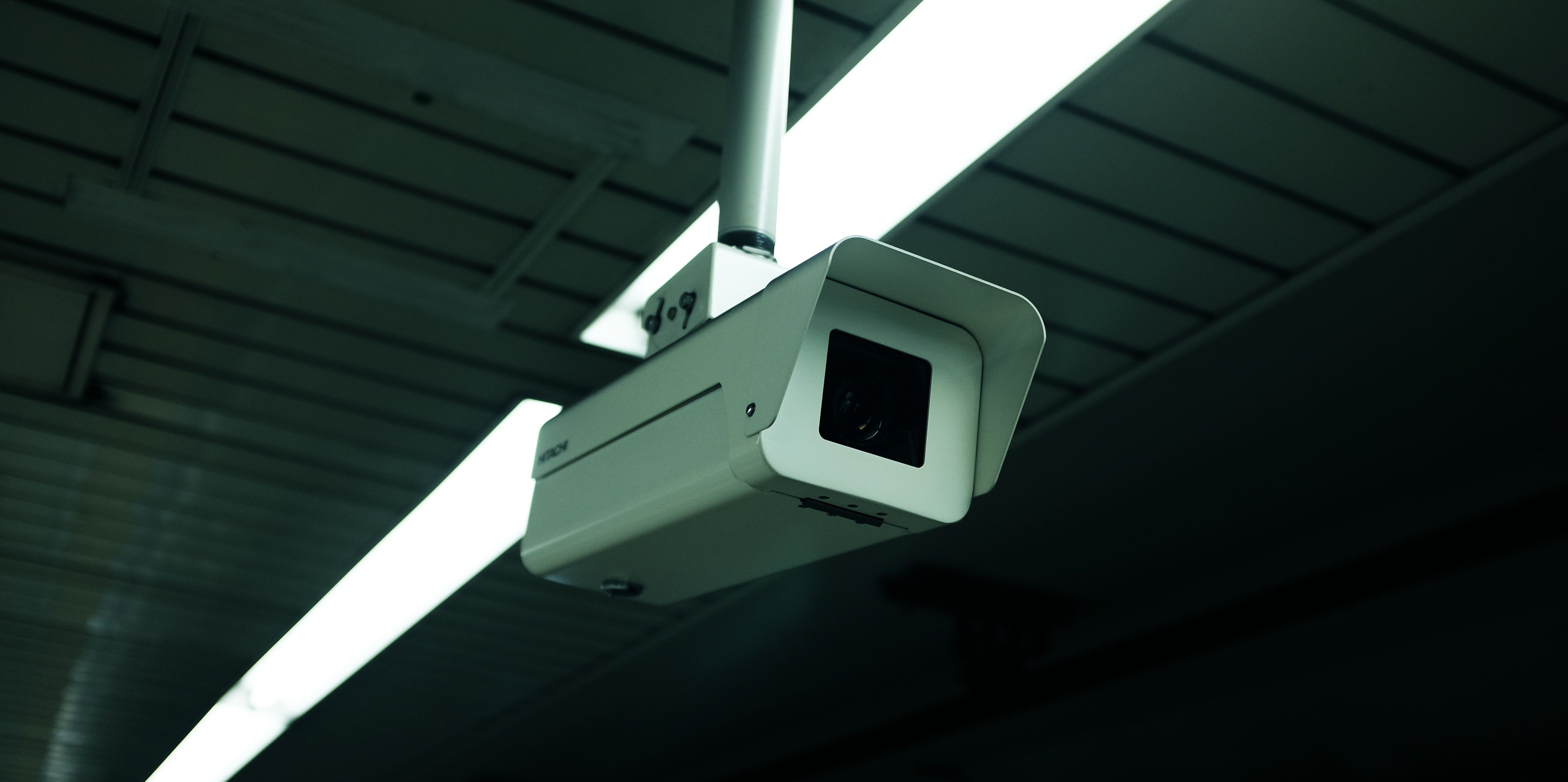How is Orwell’s 1984 relevant today?
Orwell’s 1984 is a dystopia, depicting a society under constant surveillance under authoritarian regime which even imposes a new language, ‘Newspeak’, on its citizens to restrict their freedoms.
The ruling party in Orwell’s novel, Ingsoc, have created a world in which every member of society is watching and simultaneously being watched through a series of telescreens. It is a society where even thinking of ideas that defy the rhetoric of the ruling party are criminalised as ‘thoughtcrime.’ While modern society hasn’t quite managed to criminalise thoughts; there are many populations around the world today which face restrictions on their freedoms.
In the UK alone, there are approximately 1.85m CCTV cameras installed across the country, one for every 32 people, whilst China is reported to have 170m of the cameras with a further 400m estimated to be installed by 2021. With widespread cameras recording our every move, it is becoming increasing impossible to live an unwatched life in the 21st century.
In the UK alone, there are approximately 1.85m CCTV cameras installed across the country, one for every 32 people
Yet CCTV cameras are just one method of surveillance. With the rise of social media, Silicon Valley giants have data on every click, like and comment we make through our online personas. Our data is sold to advertisers, marketing companies and even political campaigns which then refine their targeting, selling the right ‘product’ or political candidate to those most likely to support them – a tactic rumoured to have been used by the Trump campaign to win the 2016 Presidential Election.
Social media and entertainment has not only become a too powerful tool in democratic elections, in modern society it has cultured a mob mentality not far from that seen in society in 1984, where workers gather unwaveringly for the daily ‘Two Minutes of Hate,’ uniformly accepting the Party’s contrived retelling of history. In modern society, the popularity of shows like Love Island, where TV networks simulate a small scale society detached from the outside world, to entertain millions of viewers is strangely akin to how, in 1984, all individuals are both watching and being watched; a society compacted with spies driven by their mandatory loyalty to Ingsoc and Big Brother.
With the rise of social media, Silicon Valley giants have data on every click, like and comment we make through our online personas
In what activists have described as an Orwellian approach, social media has now also become a tool for intelligence agencies to gather information on citizens of interest. With the establishment of the Investigatory Powers Bill in 2016, an act of legislation that campaigners termed a ‘snooper’s charter’, agencies are now able to store information such as our web history, location of our mobile phone as well as any calls we make and any emails and texts we send. Human rights advocacy group Liberty labelled the bill unlawful, explaining that “spying on every single one of us doesn’t make us any safer.” This belief of surveillance as a means of ensuring safety of the state and its citizens is lifted straight from the pages of 1984, a novel in which even children are indoctrinated and brainwashed into reporting any behaviour that deviates from the standard of norms set by the Party.
The highly secretive surveillance activities and programmes run by intelligence agencies such as GCHQ and the CIA merely heighten public curiosity regarding the kind of information these agencies are able to collect on us. In a post-Snowden era the lack of transparency on what information can be mined by these organisations is particularly frightening.
Human rights advocacy group Liberty labelled the bill unlawful, explaining that “spying on every single one of us doesn’t make us any safer”
In 1984, the collection of data is both secretive and purposefully mysterious, designed to instigate fear and prevent citizens from participating in illegal activities; the intentions and strategies of intelligence agencies in the 21st century, to prevent illegal activity, is the same. Edward Snowden’s leaking of top-secret, classified NSA files came as a shock to the world in 2013; it is clear that the exposé has since cultured a society that is now both more wary and critical of governmental intentions with our data.
However, the matter remains divisive, with the general public split on whether Edward Snowden was a traitor to American patriotism or whether his role releasing top-secret NSA files was in the interest of American citizens. The former NSA employee explained that the classified information showed that surveillance methods enabled the government to look into “anybody’s life at any given time.” In 2013, Snowden’s files revealed an underground governmental programme of surveillance horrifically reminiscent of Orwell’s 1984 and its world monitored by telescreens, spies and the ‘Thought Police.’
So perhaps most terrifyingly, and what seems to have led to the continued readership of 1984, is that Orwell sets his best-selling novel in a world not far unfamiliar from our own.

Comments